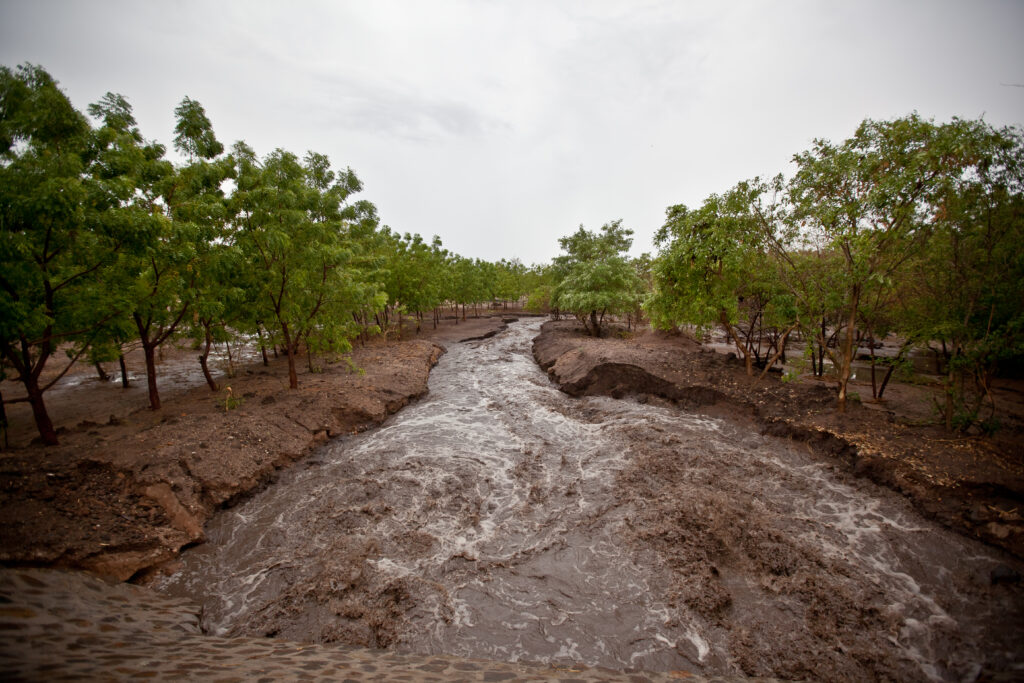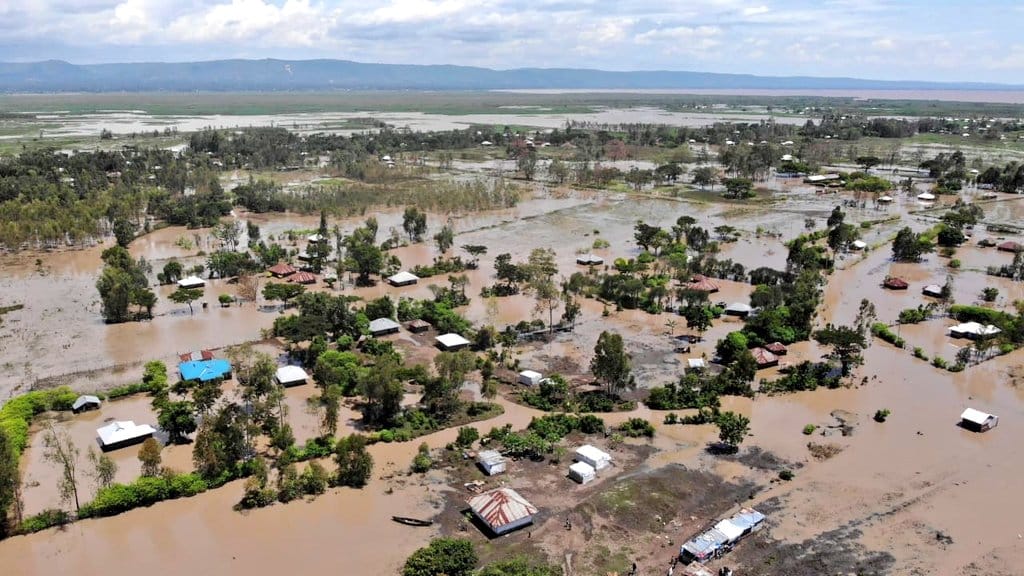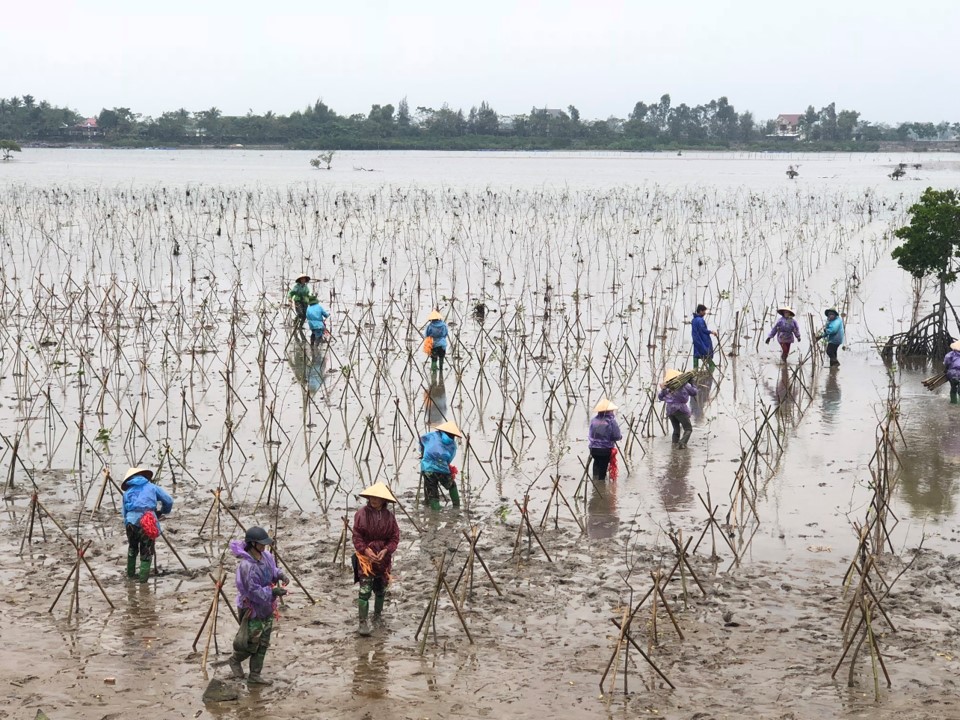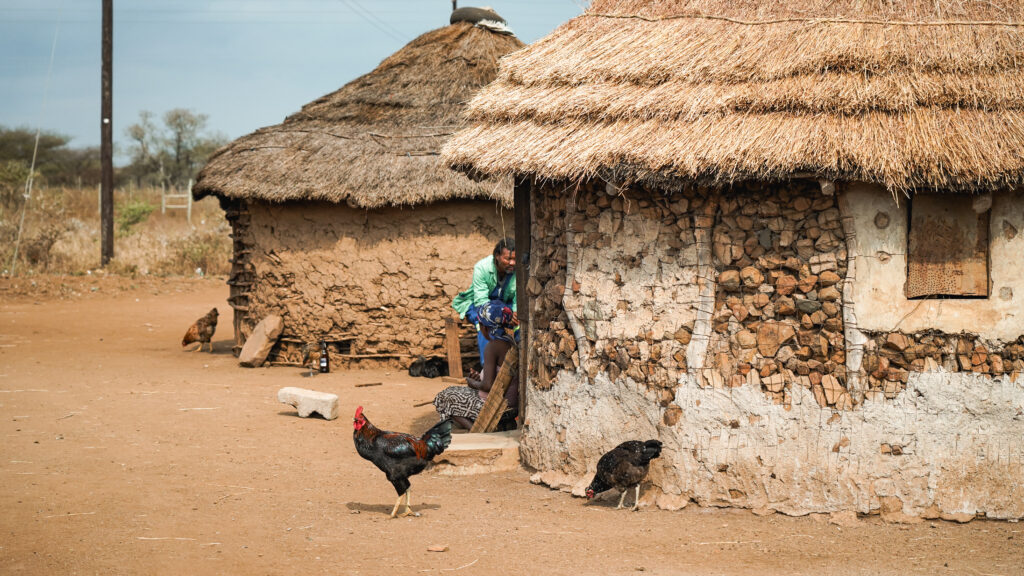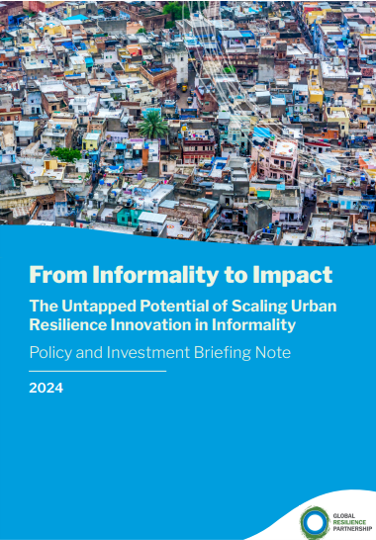Understanding evacuation behavior during cyclones: Evidence from Bangladesh
This paper examines evacuation behaviors in response to approaching cyclones using survey data collected through face-to-face interviews with residents in coastal areas of Bangladesh. Various statistical models, including probit, panel probit, bivariate probit, and multinomial logit models, are used to analyze the determinants of both past and future evacuation decisions, as well as the choice […]
Understanding evacuation behavior during cyclones: Evidence from Bangladesh Read More »

